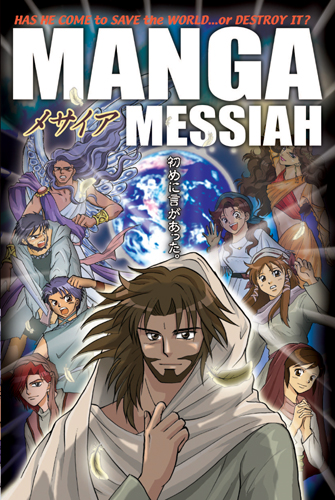Why do you love redemptive stories so much?
The simple answer? Because of my faith. As a Christian believer (albeit one on the outskirts and fringes of the Christian subculture), I'm a sucker for a story about someone being changed for the better.
 |
| The Squadron Supreme |
Some of my favorite redemptive stories in comics include:
- The Thunderbolts initial run
- The Sandman in the various Spider-Man books (before he was turned bad again)
- Heatwave in Superboy (yes, the Flash villain)
- Moloch in Watchmen
- Thief of Thieves
- Saga
- Squadron Supreme (the folly of forced "redemption," kind of like Fundamentalist politicos trying to enforce Christian moral stances in gray areas)
- House of Secrets (the Steve Seagle Vertigo run)









